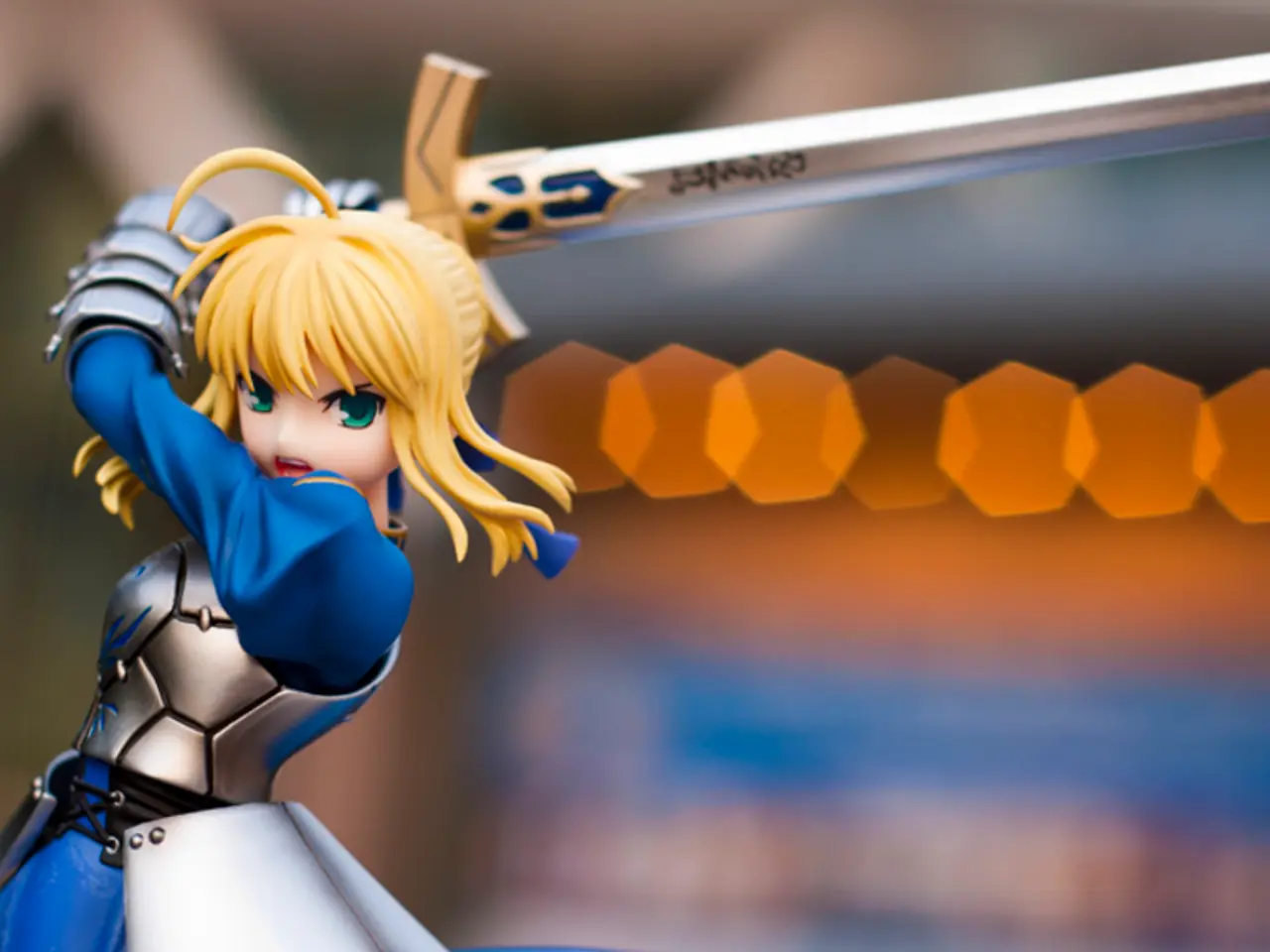Timeless and heartbreaking classic, Princess Mononoke, released 30 years ago, will once more be screened in theaters.
In the animated masterpiece, Princess Mononoke, released in 1997, renowned Japanese animator Hayao Miyazaki delves into the complex relationship between humanity and nature. The historical fantasy film offers a thought-provoking exploration of environmental issues, human nature, and their relevance in today's world.
At its core, Princess Mononoke addresses the conflict between industrial human progress and the natural world. Nature is portrayed as sentient and spiritually powerful, with the forest and its creatures endowed with intelligence and voices. Characters such as the kodama spirits, intelligent apes, and wolf gods, express the earth's perspective directly, underscoring the consequences of ecological destruction and the struggle for coexistence between human industry and the environment.
The film's narrative revolves around a cursed warrior named Ashitaka, who finds himself caught between two factions: Iron Town, led by pragmatic leader Lady Eboshi, intent on destroying a forest environment for industrial expansion, and the forest spirits and animal gods, determined to protect it.
Lady Eboshi, who provides work and refuge to marginalized people, complicates the good-vs-evil trope, demonstrating that humans are not simply villains. The film presents a morally gray narrative, questioning absolute righteousness and illustrating the struggle to find balance between development and environmental preservation.
Ashitaka's role is to observe the conflict with "eyes unclouded by hate," encouraging empathy and understanding rather than easy judgment. San, a character raised by wolves, also plays a significant role in the film, deciding to remain in the forest and serving as a symbol of harmony between humans and nature.
The environmental themes in Princess Mononoke resonate strongly with current concerns about industrialization's impact on ecosystems, deforestation, and climate change. The film underscores the urgency of reconciling human advancement with respect for nature, a dialogue that remains topical in today's global environmental crisis.
Princess Mononoke remains a landmark film for blending mythology with environmentalism, offering nuanced insight into human-nature relationships that continue to be relevant amid modern ecological challenges. The film serves as an allegory for the way humankind has and will continue to destroy the earth, while also presenting the idea of compromise, of working together to make the earth more inhabitable.
As we navigate the ongoing environmental issues, Princess Mononoke continues to inspire reflection on sustainable coexistence, reminding us of the importance of empathy, understanding, and compromise in our relationship with nature.
- Total film deals can offer a range of entertainment options, including movies like "Princess Mononoke" and the latest TV series on movies-and-tv streaming platforms.
- In many games, players are required to make choices that emphasize the preservation of nature, echoing the lessons taught in "Princess Mononoke."
- Fans of "Princess Mononoke" can appreciate the movie's expressions of ecological destruction and the search for coexistence between humanity and nature.
- If you're looking for more movies that delve into the complexities of human-nature relationships, try "Games of Thrones" or any other fantasy productions that address environmental issues in their narratives.








